
By Iddi Yire, GNA
Accra, Oct. 8, GNA - A two-week Humanitarian Assistance in West Africa Core Course is underway at the Kofi Annan International Peacekeeping Training Centre (KAIPTC) in Accra.
It is being organised by the KAIPTC in collaboration with the Austrian Study Centre for Peace and Conflict Resolution (ASPR), and sponsored by the Austrian Development Agency (ADA) and the Austrian Ministry of Defense (MOD).
The course is being attended by 24 participants drawn from 12 countries, namely Ghana, Niger, Benin, Senegal, Austria, Gambia, Cameroun, Guinea, Burkina Faso, Mali, Nigeria and the Ivory Coast.
It seeks to contribute to several strategic objectives of the Economic Community of West African States (ECOWAS) Humanitarian Policy and Action Plan through capacity building, and awareness creation.
It also addresses the need for coordinated measures and mutual understanding between civilian, military and police actors in humanitarian assistance and disaster relief.
It highlights on modules such as; introduction to humanitarian assistance; emergency mass evacuation; conflict sensitivity and community engagement during emergencies; coordination and information management between actors in the field; and public information and advocacy.
Speaking at the opening ceremony, Major General Francis Ofori, Commandant of the KAIPTC, noted that the course would highlight some of the hurdles to peace and development that West Africa faces today; and explore variety of opportunities to meet the increasing number of inter-connected and transnational challenges.
He said today, more than 130 million people in the West Africa sub-region lived in extreme poverty, saying, its population was particularly vulnerable to the effects of widespread food insecurity, recurrent disasters, climate change, the global economic crisis and socio-political instability.
The Commandant said the effects and humanitarian consequences of natural and human-made disasters were diverse and plenty, including large population movements, destruction of property and key socio-economic, and epidemics.
Major Gen Ofori said the course, which was running for the seventh time, covers an array of topics from the root causes of disasters, to the protection of civilians and human rights standards as well as cultural awareness during their work.
He said in emergency situations, civilian, police and military actors find themselves working side by side, hence, for effective disaster relief and assistance, the need for coordinated measures was essential.
He said to ensure that the course would help foster human capacities, institutional interaction and civil-military cooperation, the Centre together with its partner had introduced a team of international and regional facilitators.
He said they comprised very experienced practitioners who would share the summary of their best practices, lessons learned and experience gained in the field.
Major Gen Ofori expressed gratitude to the Austrian Government, in particular ADA and the Austrian Federal Ministry of Defence, as well as the ASPR for their generous support towards effort to strengthen peace and security in Africa.
Mr Eric Nana Agyeman-Prempeh, Director of the National Disaster Management Organization (NADMO), also described humanitarian aid as delivering life-saving assistance to those in need without any adverse distinctions.
He said humanitarian practitioners must be guided by the principles that were grounded in the International Law and as ratified in the Geneva Convention of 1949.
Mr Agyeman-Prempeh noted that in 2014/2015, the top five countries that recorded the highest percentage of population affected by conflicts/ disasters and therefore needing humanitarian assistance included four countries from Africa.
"Why is West African Humanitarian Assistance in the spotlight now than never before?" he asked.
He explained that, the increase in demand for humanitarian assistance in the Middle East region had had a corresponding dwindling effect on support for West Africa in particular and Africa in general.
He said there was also the challenge of meeting the wide and multi-dimensional needs of more people with limited resources.
“It is in the above context that Humanitarian efforts of preparedness search and rescue to save lives and property, provision of relief and recovery to alleviate suffering during conflict/disaster is set amidst numerous challenges,” he added.
GNA
Read Full Story

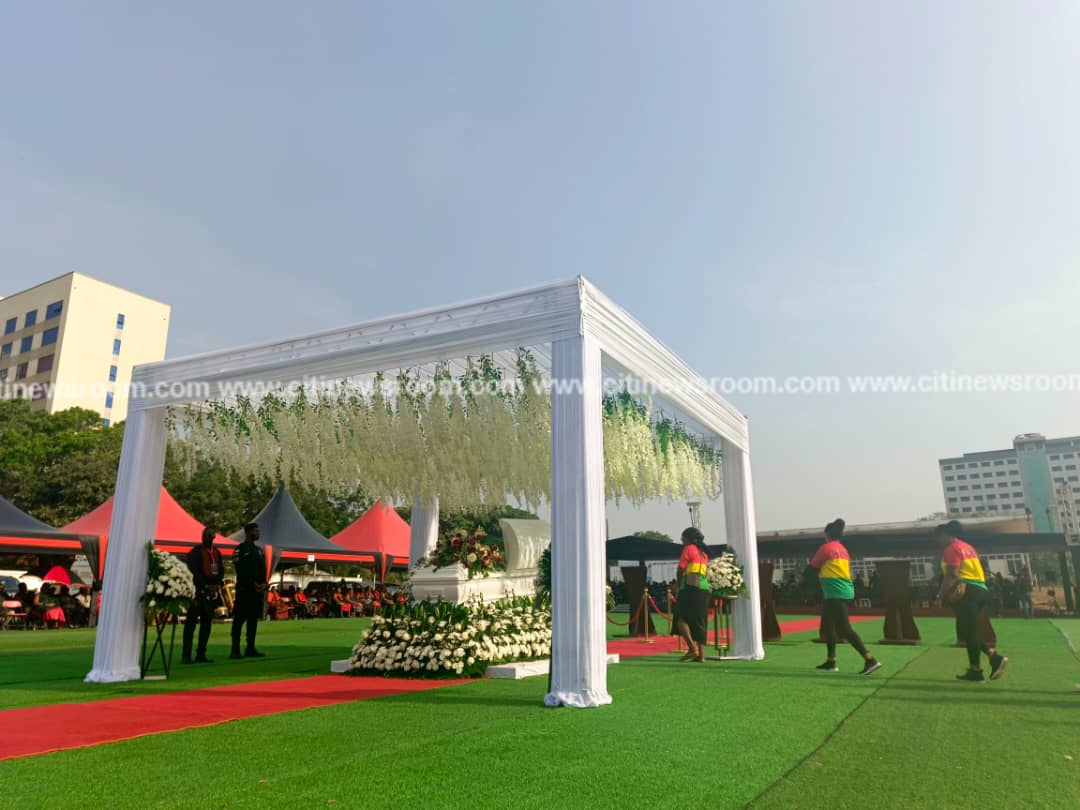
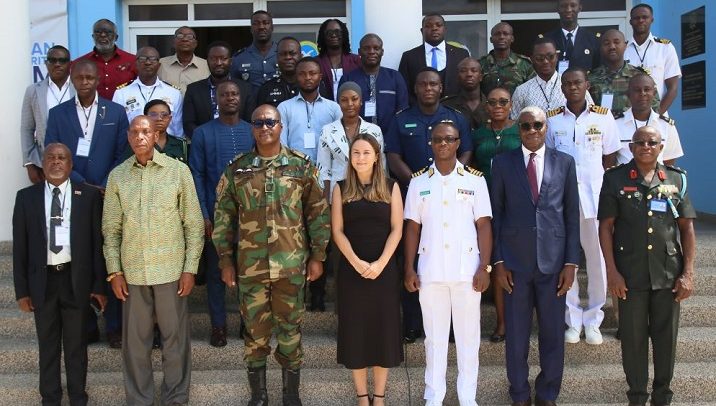
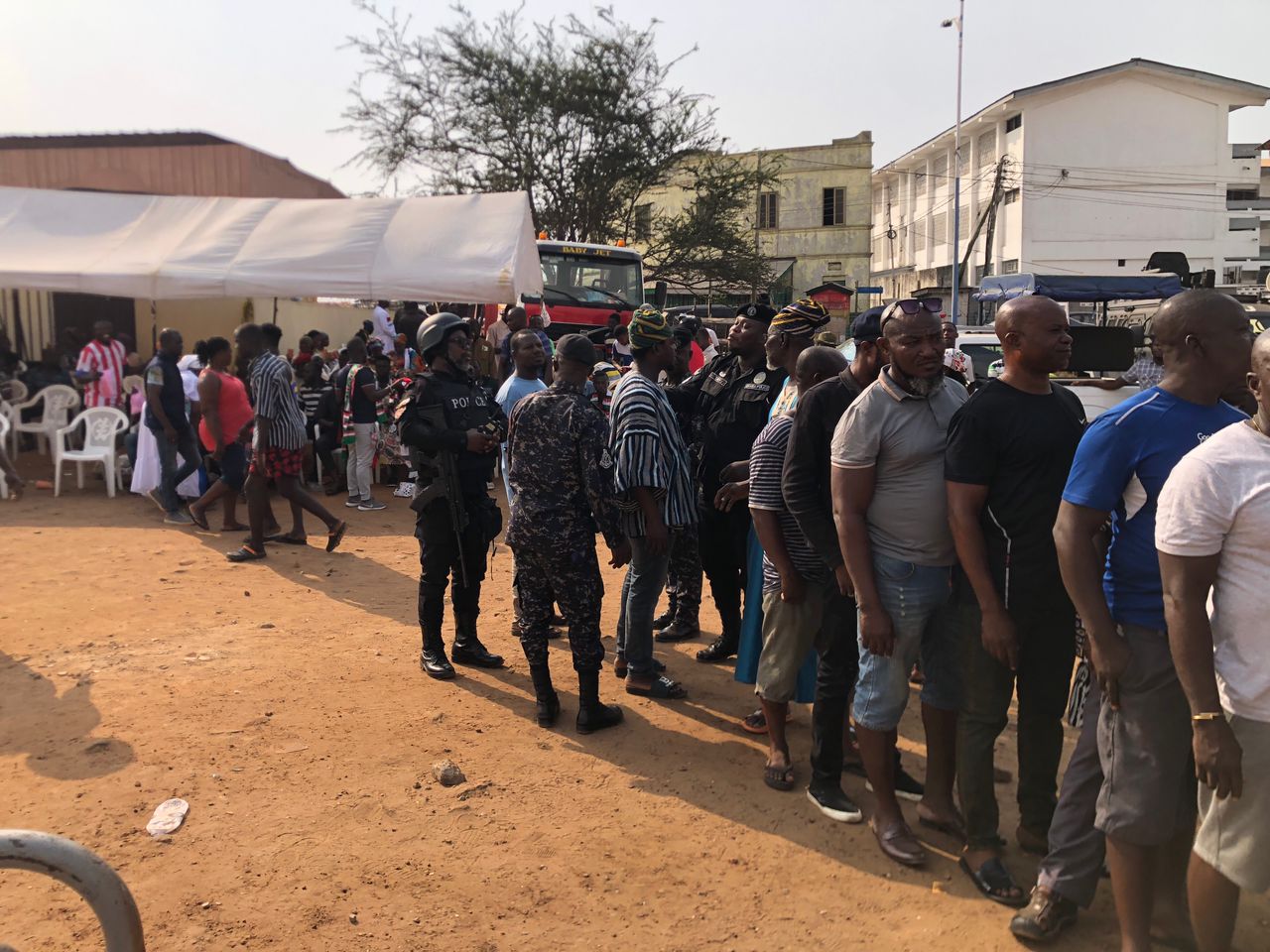
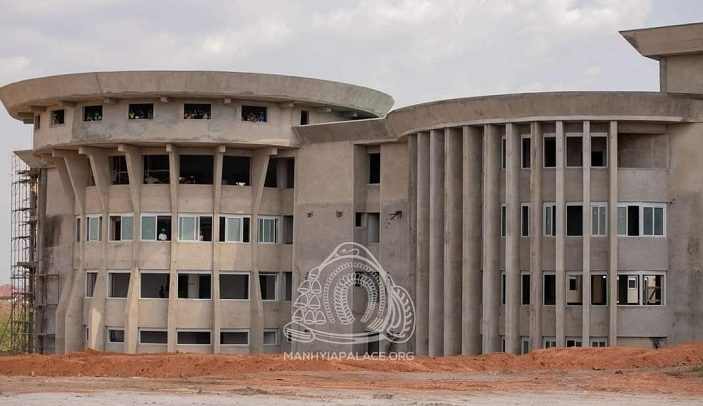




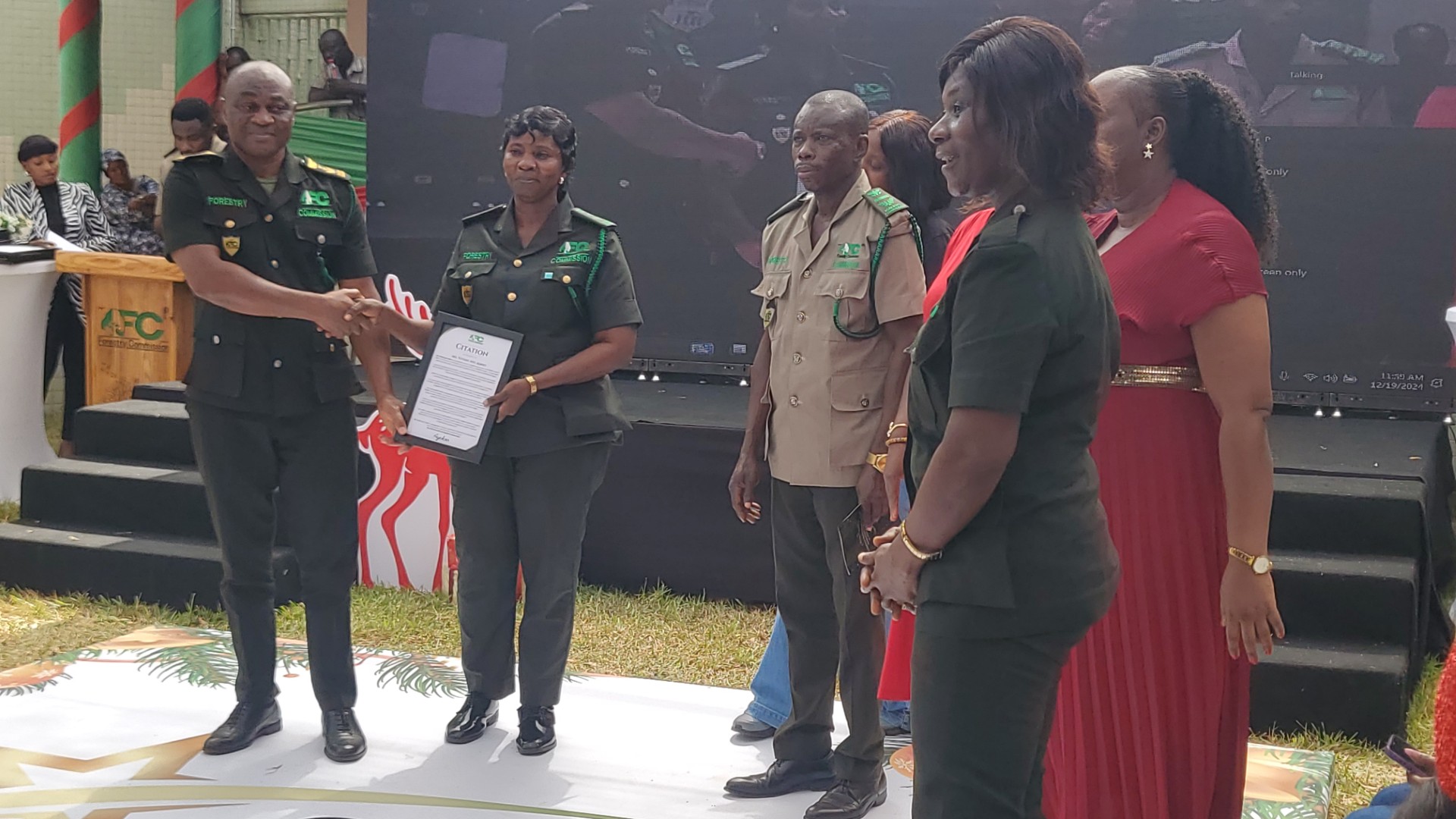
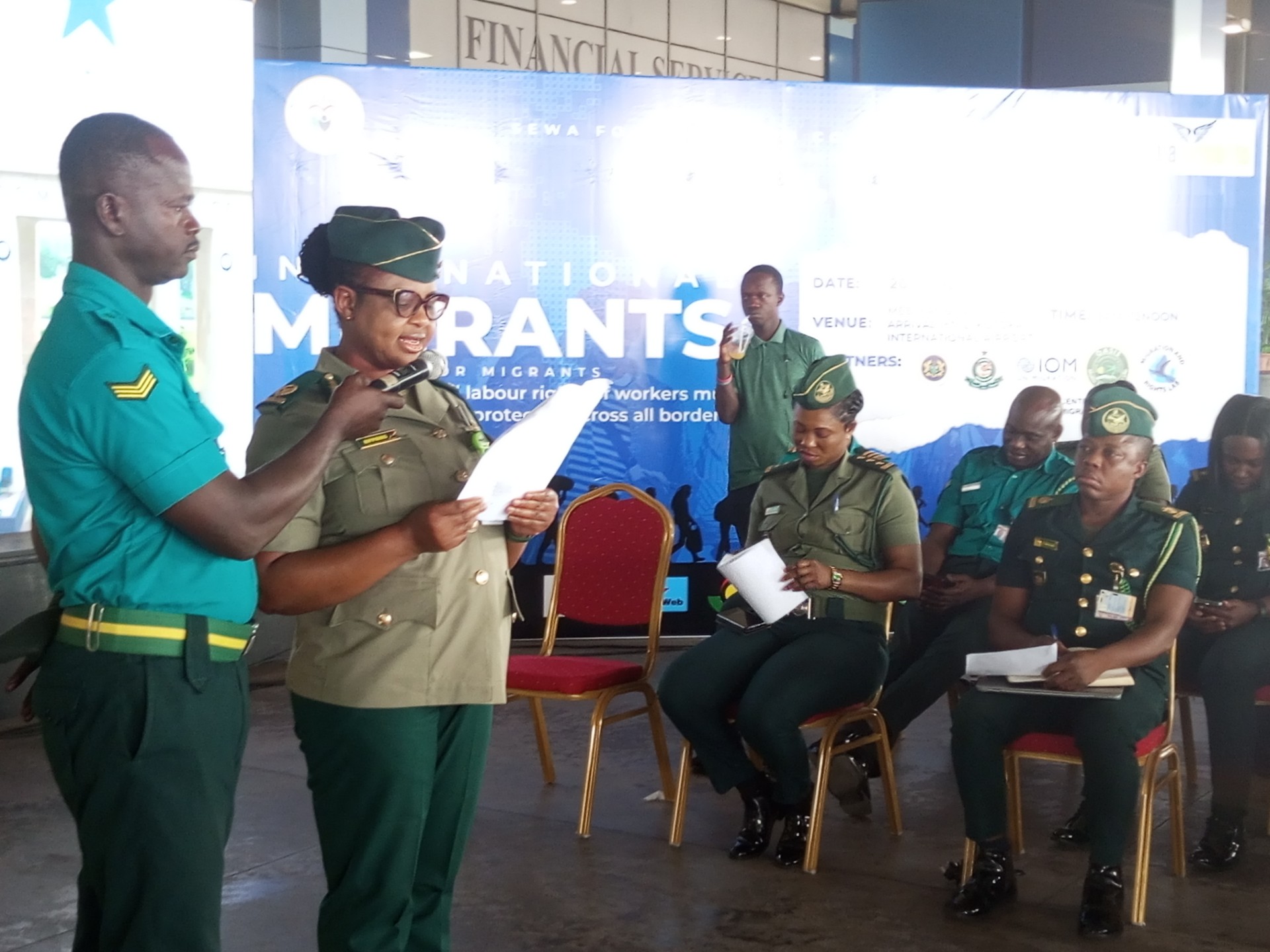

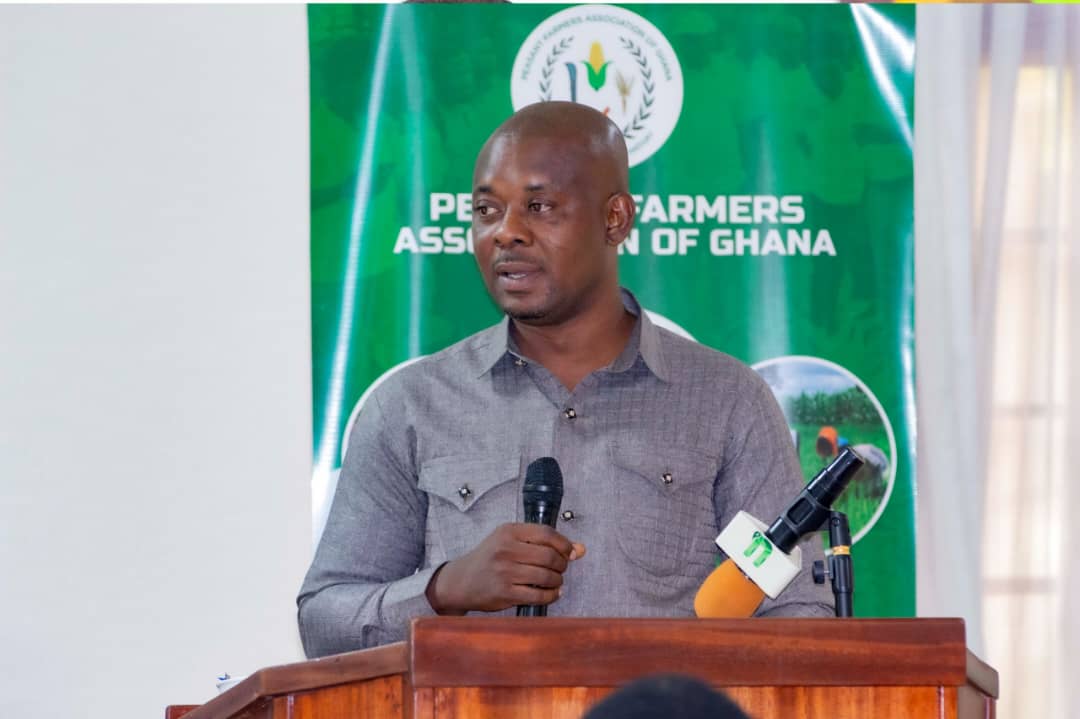

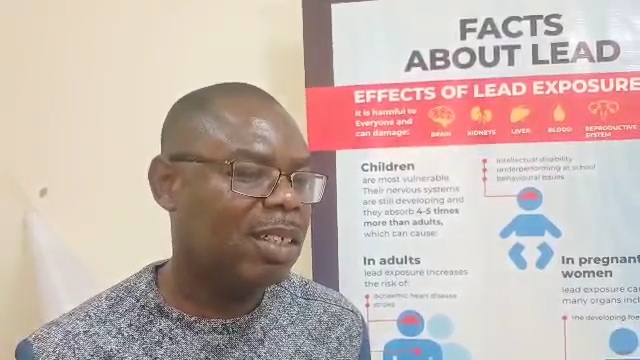

Facebook
Twitter
Pinterest
Instagram
Google+
YouTube
LinkedIn
RSS